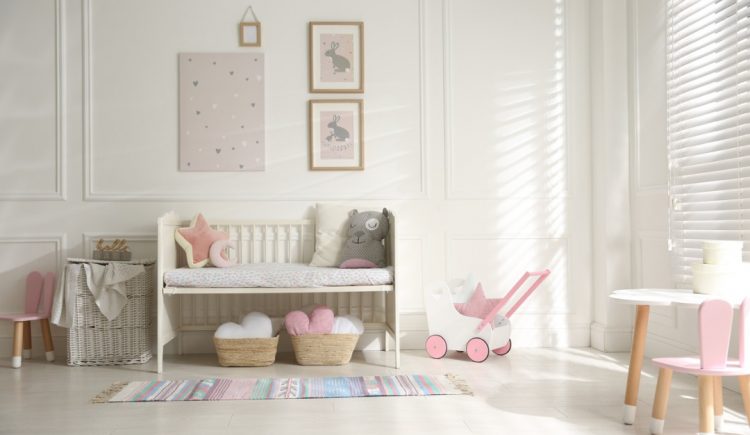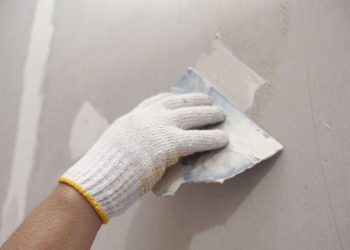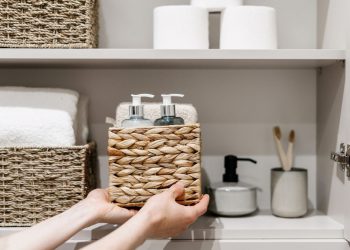Keeping your child safe is paramount. This is particularly important when it comes to your child’s bedroom. Your little one spends unsupervised time alone in there, so you need to eliminate as many potential sources of harm as you can.
Choose a Safe Bed
Once your toddler starts to climb out of the crib, it’s time to transition to a “big kid” bed. It should have rails to keep your child from falling out at night. Don’t get a bunk bed for a young child, as there is a high risk of falling. Make sure there are no gaps between the mattress and bed frame.
Anchor Furniture
If there is a dresser, bookcase or other type of furniture that can be climbed in the bedroom, your child will want to climb on it at some point. Even a small child can tip over a large piece of furniture. Anchor furniture to walls to prevent a tragic accident.
Make Windows Safe
A fall from a window can be deadly. If a child pushes on a window screen, the screen won’t be strong enough to prevent a fall. Install window guards and keep furniture away from windows to prevent climbing.
Cords on blinds can be a strangulation hazard. Cut dangling cords or install cordless blinds or shades that will be safer.
Cover Electrical Outlets
Kids are curious about electrical outlets and often like to insert things that they shouldn’t into them. Get child proof covers so your youngster can’t do that. Outlet covers can prevent electrocution and an electrical fire.
Use Safe Lighting
Avoid floor lamps that can tip over and don’t place a lamp on a table where your child could accidentally knock it over. If the bedroom doesn’t have overhead lights, consider installing light fixtures on the walls where your youngster won’t be able to reach them. Use a night light so your child will be able to see if he or she wakes up in the middle of the night.
Remove Choking Hazards
Toddlers go through a stage when they put all sorts of things that they shouldn’t in their mouths. Crayons, batteries, puzzle pieces and other small objects are choking hazards. Store any games or toys with small pieces in a place where your toddler can’t reach them and keep a close eye when they are playing with anything that could cause choking.
Install and Maintain Smoke and Carbon Monoxide Detectors
You should have smoke and carbon monoxide detectors near every sleeping area, ensuring that all members of your family will be able to hear an alarm if it goes off at night. Check the detectors regularly and replace the batteries when necessary. When your child is old enough to understand, explain what the detectors are for, let your child hear the sounds they make and explain what to do if a detector goes off.











